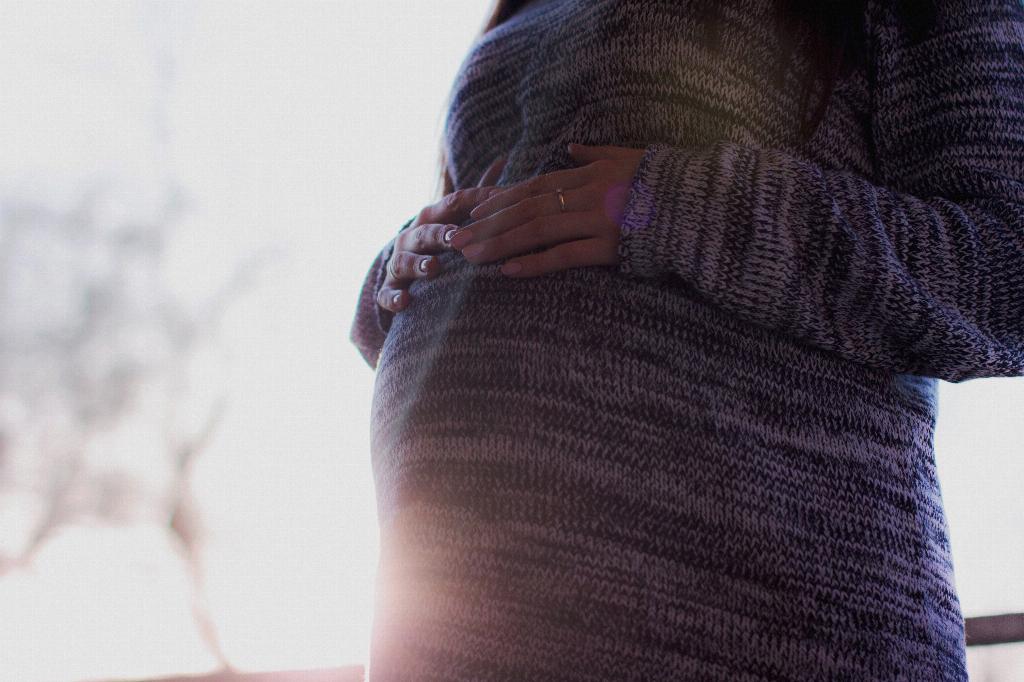Many expectant mothers may have concerns about undergoing medical imaging procedures, such as CT scans, during pregnancy. It is natural to prioritize the safety and well-being of the developing fetus above all else. In this article, we will explore the safety of CT scans for pregnant women based on available research and expert opinions.
Understanding CT Scans and Radiation Exposure
A CT scan, also known as a computed tomography scan, is a diagnostic imaging test that uses X-rays to create detailed cross-sectional images of the body. Radiation is an essential component of CT scans, as it helps produce high-quality images of internal structures. However, concerns may arise regarding the potential risks of radiation exposure during pregnancy.
Radiation Concerns and Fetal Health
There is a general consensus in the medical community that the diagnostic benefits of a CT scan typically outweigh the potential risks associated with radiation exposure, even for pregnant women. The amount of radiation exposure from a standard CT scan is considered minimal and unlikely to cause harm to the fetus.
Risk Assessment and Justification
Healthcare providers carefully assess the necessity of conducting a CT scan for a pregnant patient. If the information obtained from the CT scan is crucial for diagnosing a medical condition or guiding treatment, the benefits of the procedure are often deemed to outweigh any theoretical risks to the fetus.
Special Considerations for Pregnant Women
When a pregnant woman requires a CT scan, healthcare providers take specific precautions to minimize fetal exposure to radiation. These precautions may include adjusting the scanning parameters, using lead aprons to shield the abdomen, and focusing the imaging on the area of interest to limit unnecessary exposure.
Imaging of Pelvis and Abdomen
While the overall risk of radiation from a CT scan is low during pregnancy, some concern exists when imaging the pelvis or abdominal areas. These regions are closer to the fetus and may receive slightly higher radiation doses. In such cases, healthcare providers weigh the risks and benefits carefully.
Consultation with Radiology Experts
In complex cases where imaging is necessary during pregnancy, healthcare providers may consult radiology experts to determine the safest approach. These specialists can provide valuable insights regarding radiation safety protocols and optimal imaging techniques to minimize fetal exposure.
Alternative Imaging Modalities
In certain situations, alternative imaging modalities that do not involve ionizing radiation, such as ultrasound or magnetic resonance imaging (MRI), may be considered as safer options for pregnant women. These modalities can provide valuable diagnostic information while avoiding potential risks associated with radiation exposure.
Radiation Risk Communication
It is essential for healthcare providers to communicate openly and transparently with pregnant patients regarding the risks and benefits of undergoing a CT scan. Clear and comprehensive information can help expectant mothers make informed decisions about their healthcare and the well-being of their unborn child.
Conclusion: Balancing Safety and Diagnostic Needs
In conclusion, the safety of CT scans during pregnancy hinges on a careful assessment of risks and benefits by healthcare providers. While the overall radiation exposure from a standard CT scan is minimal and unlikely to harm the fetus, special precautions may be warranted for imaging the pelvis or abdomen. Ultimately, the decision to undergo a CT scan during pregnancy should be based on the specific clinical circumstances and the importance of obtaining essential diagnostic information.

